Like with other
Giants, the ancestors do play their own part in their religion, however. But where
Goliaths believe that only the
Yngva can commune with their spirits, Orcs believe that anyone can through the appropriate rituals. Many of these rituals include the ingestion of entheogenics, trancing, and other ecstatic practices. And there is perhaps no plant more valuable to this tradition than
Qiao'hon- a tree native to
Tolara's Southern Peninsula. Its hallucinogenic and euphoric properties have found significant ritual use among the Orcs, who believe it allows them to see into the
Ethereal and
Liminal planes to consult with their ancestors, making it an integral part of their cultural practices surrounding Ancestor Veneration.
Housing & Architecture
[...] Thus, Orcish Architecture deals with change rather chaotically- updating only as destruction occurs, in the areas present; adding new to old in ways which appear thoughtless. However, it is anything but.— Anthrolologist Caillot Hunfrei,
The Materials and Styles of Saleh'Alire
Traditional Orcish society maintains the semi-nomadic lifestyle characteristic of the
Giant-kin, where clans move around an established ancestral land tract- spending specific, set amounts of time at a variety of sites which have ancestral, cultural, or spiritual importance to the Clan. While they all follow the same core cycle of movement across ancestral lands, however, the specifics of their migration patterns can sometimes vary greatly per clan, based on a number of different factors; their stay at such sites typically only last three or four months at a time, but some Clans choose to stay at these ancestral structures for years at a time.
Some of the locations a Clan might migrate to are old strongholds established by Clan ancestors during the early years of their split from the
Goliaths. Such strongholds are frequently carved into the sides of mountains and easily mistaken for old
Dwarven structures by those unaware of the differences in architecture- and the fact that
Dwarves are close descendants; in most cases they look fairly plain on the exterior, but inside feature towering chambers with elaborate steppe patterns. Walls are usually carved from floor to ceiling with ornate murals, or slightly rounded geometric patterns (as opposed to
Dwarvish art's harsh, squared lines- or the fully rounded
Goliath patterns). Despite their decoration, however, they are still brutally utilitarian in nature and rarely feature much by way of furniture or decoration.
When setting camp in locations other than strongholds, Orcs prefer to fashion far more simplistic square huts- usually with a partially open front, hung with a thick hide. These are typically built from wood, bamboo, straw, and other natural materials that will decompose easily after they've left the area. In some cases, however, these structures may survive long enough to need only minor repair when the Clan returns to the area, in order to be inhabitable once again. In general, though, Orcs do try to leave as little a trace as possible when moving on, even though they’ll often be back in a couple years- something which has made it hard for Archaeologists and Anthropologists to properly study abandoned Orcish dwellings, especially after a Clan vanishes (which has been known to happen from time to time).
As Orc society is based in
allianced polygamy,
and each Clan is an individual family unit of related individuals... Regardless of where they spend their time, all settlements seem to take on similar shapes: Usually square, and designed in such a way as to be generally communal in nature; in nearly all cases they feature smaller sub-units for immediately direct groups within the family (such as parents and a new child), circled around one incredibly large central area. This central area, or chamber, is used for meals, entertainment, and other daily Clan activities participated in as a full and cohesive family.
Food & Cuisine
Natives to the
Ajda-Donesh Basin in
Tolara's Southern Peninsula, Orcs live in a veritable paradise of sorts; rivers teem with aquatic life. Trees are abundant with exotic fruits. And wildlife is plentiful in many forms, no matter where one looks in the Jungle; all of this combines to create a food culture that is rich and vibrant, and incredibly varied- often to the point its roots in (comparatively bland)
Goliath cuisine are unrecognizable.
Fish undoubtedly place a central role in Orcish cuisine. Aquatic life isn’t the only protein source found within their diet, however... They also consume plenty of small creatures- such as insects and lizards, small birds, among many others.
Here among these, the favored source is Taalle: A fat and unappetizing looking grub frequently cooked in multiples on a skewer; typically served as either a snack, or an apetizer at a main meal, despite its appearance and the sense of disgust it elicits in outsiders, it's often described as tasting like a nutty, toasted butter.— Anthropologist Cha-Mai Khunh,
Food Diversity Among the Giants
One of the only unifying- and perhaps most interesting- features across Orcish cuisine, however, is the lack of emphasis on game and other meats. Instead of hunting the abundant wildlife such as Boar, or cultivating domestic herds like
Oelot, Orcs rely predominantly on jungle fruits and vegetables to make up the vast majority of their diet. This includes plants such as Taro, Plantain and Banana, Manioc, and Coconut. But one in particular, the
Qiao'hon fruit, is a mainstay; the hardy fruits can be dried, eaten fresh, cooked, or juiced and boiled into a syrup, or made into hard and soft candy alike. The flowers, meanwhile, can be used as tea- and its bark and leaves have several medicinal and other properties in addition to their ritual uses.
Meat does have a place in Orcish cuisine, however, and centers on fresh marine life over other options; Crabs, Jellyfish, Oysters and Muscles, and other fish make their appearance- including a few delicacies such as Alligator and Shark. Of these,
Krothu in particular remains the most common aquatic staple; a small, oval shaped fish, it has a thick, oily flesh that makes it perfect for grilling on an open campfire. it's typically heavily seasoned and laid on a bed of marsh grains, wrapped in a banana leaf, and cooked beneath coals, however- cooking the fish and grains in its own fat, and producing a fragrant dish the Orcs call
Umug.
When they do eat more conventional meats, it's part of community celebrations- such as religous events, birthdays, births and deaths, and more. As a result they're usually all day affairs, slow roasted in covered pits. Snakes, giant jungle snails, frogs, exotic songbirds, lizards, and other small animals, as well as most marine life, meanwhile, often find their way into stews and soupy curries instead- usually eaten with a thick, savory flatbread to soak up the juices; hot pots, curries, stews, and other meals that can be made in large quantities, are often seen constantly simmering over the community fire in almost a never ending state- being added to throughout the week as meal portions go unfinished and get added to the pot once more rather than being wasted.
Still, Orcish cuisine
has undergone some radical shifts over the last century as people have settled the Southern Peninsula, bringing their own native food cultures with them. Trade with
Thai'lar in particular has greatly increased the use of grains- particularly cultivated forms of marsh grains, Rice, and Amaranth. The
Dovakor have likewise introduced the
Hofa to Orcish cuisine, and the
Tameri the Sweet Potato- both of which have been widely accepted and found a number of uses; cultivated food still comprises only a small portion of their diet, but
is possible with the semi-sedentary portions of their lifestyle, and many have taken up minor agriculture as a result of these introductions.
Regardless of where it hails from, how it entered into Orcish cuisine, or how it's prepared, though, all Orcish foods are heavily spiced thanks to the biodiversity of the
Ajda-Donesh Basin. And with heavy emphasis on community, the vast majority of their meals are taken together throughout the day- with sharing portions and dishes being incredibly common; there is no such thing as an individual meal or plate among Orcs except in rare instances.
Art & Leisure
Orcish hand arts are popular leisure activities- including basket weaving, pottery, spinning, and regular weaving. Unlike the
Goliaths whose hand arts are only practiced by members of the
Hina gender, however, Orcish arts are participated in by everyone- but especially by their children; though they rarely produce items of quality, they’re integral in teaching Orcish children their first lessons in the determination and patience valued by their culture. They also serve to aid in the development of fine motor skills, and ensure the Clan’s traditions are passed on from the very beginning. It also ensures that every member has at least one skill that allows them to contribute to the Clan, as all skills are valued- even handicrafts.
Song and dance are also a large part of Orcish leisure time; percussive instruments such as hand drums were the most common used at communal gatherings, and several traditional styles exist. Contact with the Thai'lar introduced wooden wind instruments such as flutes later as well. Now both are used as backdrops for communal dancing, but especially to call-and-response songs participated in by the entire Clan (or from parent to child).
Many of the traditional Orcish call-and-response songs are recountings of oral histories, religious myths, or heroic stories. In these cases the initiator plays the role of the central character, and the audience plays the role of adversary. Occasionally mock acting may go along with such displays- though Orcs aren’t exactly known for their acting abilities by any means. Other songs, however, are travel songs meant to be sung as they travel to a new ancestral site. In these cases the songs are specific to a certain tract of land.
One song is common among the Paanek Clan, whose ancestral tract follows the Cimanos River through Nisaba; the lyrics follow:
Come home with me. Lay down in the river warm. Lose yourself where the water's deep. Listen to the drumming of the other side. Let the ancestors be your guide. Come home with me.— Lorekeeper Ayo Issa,
Traditional Sounds of the Delta
Meditation is another common way for Orcs to spend their leisure time, as well. Interestingly enough, however, ritualistic competitions of athletic skill and power are also common; like most
Giants, Orcs
do delight in gladiatorial competitions, and these are viewed as a far healthier indulgences of violence than wonton Clan wars, raiding, and destruction. Where
Goliaths prefer weaponed combat, though, Orcs have developed several incredibly complex forms of martial arts over time, with each Clan having their own unique variations on traditional styles.
Traditional styles tend to reflect high levels of intentional movement with an emphasis on the conservation of one's energy. And in combination with meditation and ritual competition, both have provided effective channels for their anger, and aided Orcs in developing an impressive level of determination, control, willpower, and dedication that is often unmatched by other races. They’re also capable of pushing their bodies much further than other races as a result- which makes them fearsome enemies on the few occasions they view violence as actually necessary.
Beauty Ideals
Though often regarded as dirty due to their nomadic lifestyle and the fact they’re
Giant-kin, Orcs actually place a great deal of cultural emphasis on hygiene and staying clean. This plays a heavy role in their cultural medical care especially- and Orcish medical care is easily considered to be some of the very best in the world; despite the extreme prejudice with which Orcs are often treated, their healers are frequently viewed by many around the world as unmatched in both quality and skill.
This emphasis on hygeine extends to physical beauty in general, however. And among the Orcs there is no greater mark of one's physical beauty than the state of their hair and tusks- both of which require near constant maintenance even without the significant cultural emphasis on beauty; the way one treats their appearance is so important it often significantly impacts an Orc's
brú.
Though terms such as braiding, twisting, plaiting, reverse braiding, and coiffes are often interchangeably by outsiders, they all describe entirely different means of styling the hair.— Rosalie Barmond, Beauty Rituals of Saleh'Alire
One's hair must be neat and clean at all times, and is often arranged in styles meant to protect it from the various hazards of travel- of which braids, twists, and plaits are the most common due to their ease. More elaborate hair styles exist, however, and include various types of crests, curls, cascades, and chignons.
Regardless of the complexity of the style, most Orcs typically decorate their hair with any manner of ornaments- ranging from cowrie shells and ribbon, to mother-of-pearl disks and other medals; metal rings; and pins or beads made from wood, bone, ivory, or gemstone.
In addition to being an outward sign of one's beauty, hair also communicates a variety of information about an individual- such as age, marital status, and rank within the Clan. It can also identify the individual's Clan outright, and which area of the
Ajda-Donesh Basin they hail from; the young of the Clan in particular may shave their heads and wear a veil before they're of an appropriate age to marry, for instance- while those whose spouses have died will often stop attending to their hair altogether during their period of mourning. The more elaborate a style is, however, the higher in the Clan the individual often ranks, with
Voltaks wearing some of the most elaborate (and elaborately decorated) styles of all.
This emphasis on beauty and adornment extends to the body, with tattoos and body painting both being common. Metal bands, strips of cloth and ribbon, and other ornaments are likewise frequently worn to accentuate various parts of their body. This is especially true concerning body parts related to valued skills- such as the arm muscles of the Clan's strongest warrior, or the ankles of a talented dancer. Tusk bracers meant to correct one’s Tusk growth, too, are a common sight, especially among children as they age. As an adult, many file theirs to dull points in order to wear tusk caps made of precious metals and gems for extra adornment.
Traditions & Taboos
The Orcish emphasis on beauty extends to wholeness of body, as well- and to an Orc, one's physical "wholeness" boils down to one's capacity to do things
without the assistance of others. But where most would assume this belief would lead them to reject injured or disabled members of their Clans, it has actually led to the opposite effect: Magical aids and prosthetics are not only perfectly
acceptable, they're also common and even
preferred among Orcs; it's far more shameful for an Orc to
deny something like a prosthetic or disability aid, and instead continue to rely on others to do things that such an item (or even magic) could easily fix- especially with the incredibly advanced nature of Orcish medical care compared to other sophonts.
A lot of this ideology is due in large part to the fact that Clans aren't just unrelated groups coexisting as a unit, but are large extended families. And to an Orc, the bond of family- whether adopted, or blood- supersedes all else in the world; one should live, and, if necessary, die by their bond to the Clan. More importantly, one should do whatever they can to aid their fellow Clan members- up to and including
not placing undue burdens on them. Additionally, to taint the blood or image of one's Clan is easily one of the worst crimes imaginable for an Orc. Caring for one's health and appearance, then, is often seen as caring for the appearance, honor, and health of all in the Clan by extension.
Another way this manifests is within their gladiatorial competitions; any challenge must be initiated formally, and with specific ritual actions- and they must be carried out in full view of the entire Clan. Fighting another individual privately is considered an indulgence in wrath and anger, and a negative form of violence. Clan members may be shunned or outright exiled if such a violation results in any serious injury- or especially death.
Grievously injuring an opponent- such as by breaking their arm or removing an eye- even during a formal fight is likewise considered a major taboo; Orcs are not only expected to be honorable, but also capable of controlling themselves to the point that significant and lasting injury should be avoidable for even the most untrained.
In both mind and spirit they exhibit a great, and arguably unmatched, level of control and dedication... I believe that studying the Orcish martial styles could greatly increase the discipline and control of Pet'alauq Arcanists. Much, too, could be learned by Pet'alauq by the study of Orcish Necromanciees.— Arcanist Inek Tikaani, in a letter to Grand Arcanist Saakari Kuisma, Headmistress of Pet'alauq
Likewise, it’s a major social ill to be anything but direct- especially in one’s method of fighting; continuing to attack a competitor once they've fallen, refusing to end a fight once a competitor has ceded to you, or striking something like the genitals, are also forbidden actions during a fight. Orcs who posture or brag too much, too, will quickly find themselves doing the children's work around camp.
Honor doesn't preclude deceptive and dishonorable fighting, however- particularly when your opponent isn't observing the rules to begin with; Orcs may be
averse to violence, and maintain stringent rules as to its use and the rituals surrounding it… But when they've finally exhausted enough options to view true violence as a necessary or warranted response? There is no stopping them- and it is certainly a dead man who has chosen to make an Orc their enemy.
▼ Playing An Orc in Saleh'Alire ▼
Racial Stats.
Playing an Orc, you have a wide choice of statblocks provided by Wizards of the Coast for 5th edition Dungeons and Dragons; take your pick between those found in the
Explorer's Guide to Wildemount,
Eberron: Rising from the Last War, or the official
Volo's Guide to Monsters Supplement-- or use the Half Orc statblock provided in the
Player's Handbook. Alternatively you may choose to use the rules provided by
Tasha's Cauldron of Everything instead.
Names.
Orcs tend to make their formal names longer as a mark of status and importance- while nicknames are typically under 5 letters, denoting closeness; with light modification,
Faroese and
Dutch names are both consistent with the world's naming conventions- but you may also choose to use
Generic Orc names, or
Pathfinder's Orc naming conventions- or come up with your own.
Professions.
Because of their cultural emphasis on wilpower and self control, Orcs often make highly skilled Monks. Regular wilderness travel throughout their life likewise produces exceptional Rangers. And highly advanced medical technology makes Orcish Clerics and Paladins formidable healers; when picking a class for your Orc, consider how their culture would have impacted their class choice as an adventurer.
Leaving the Fold.
Family is everything for an Orc. The bonds of blood or oath are some of the strongest and most important they'll ever have- and they gladly live and die by their Clans without a moment's hesitation ... Consider what action or decision would make yours walk away from it all to explore the greater world.
 Common Eye Colors
Common Eye Colors
 Common Skin Tones
Common Skin Tones











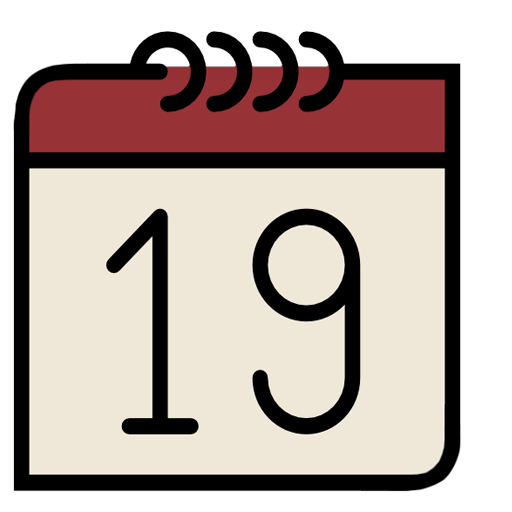

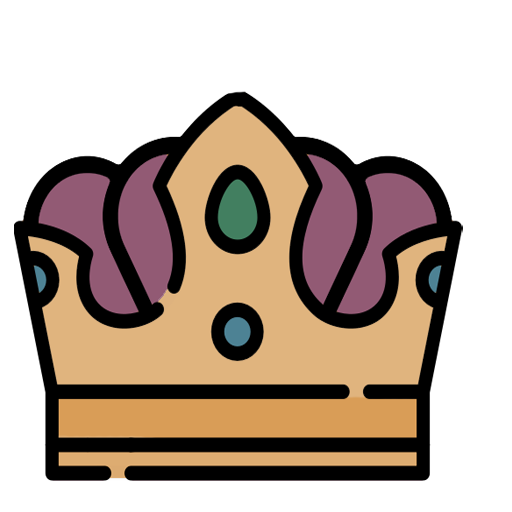
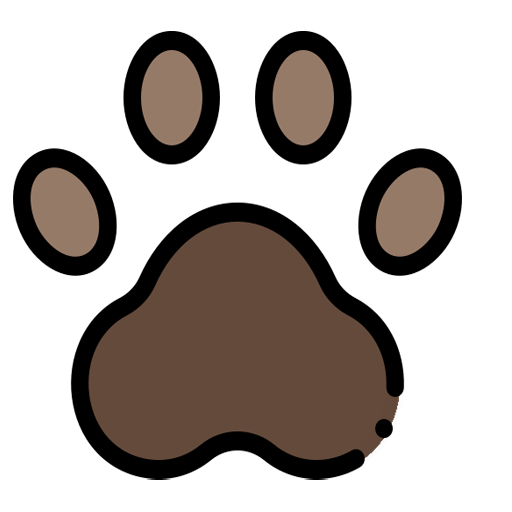
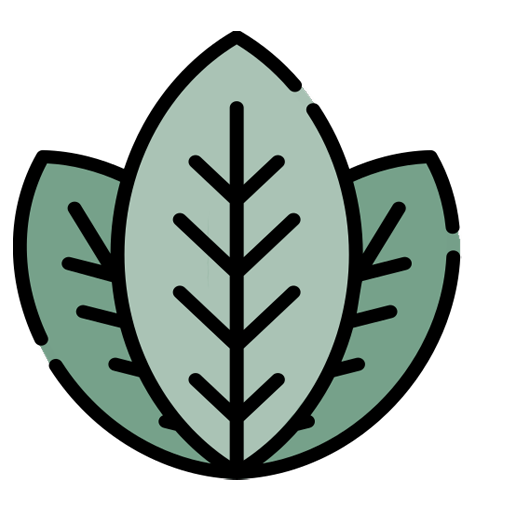
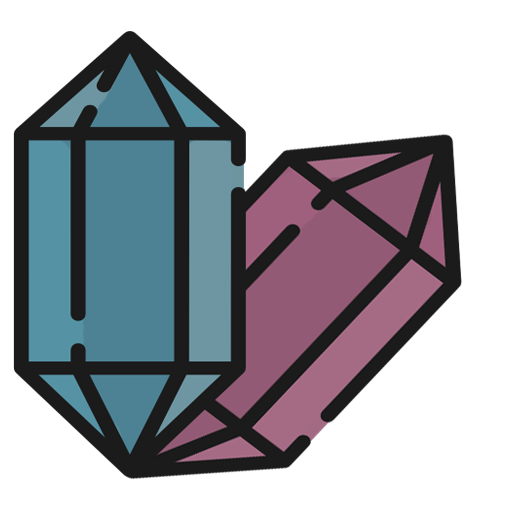
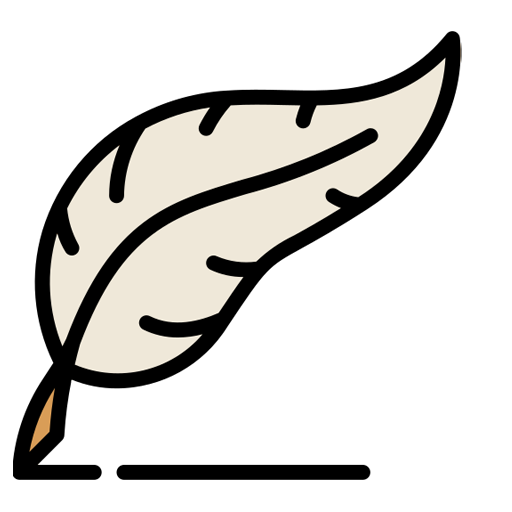
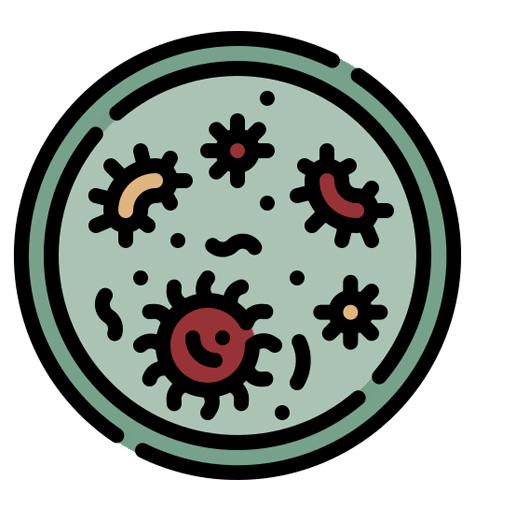
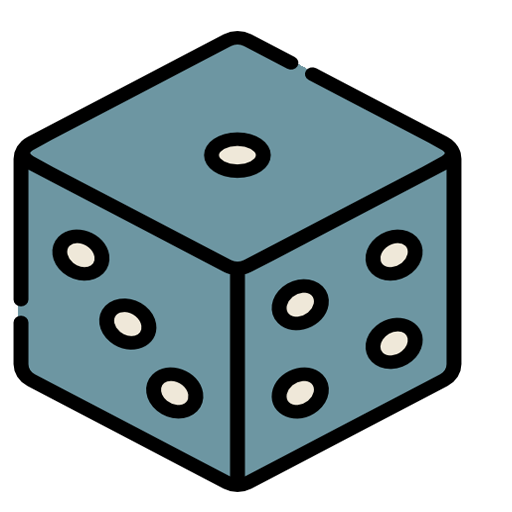
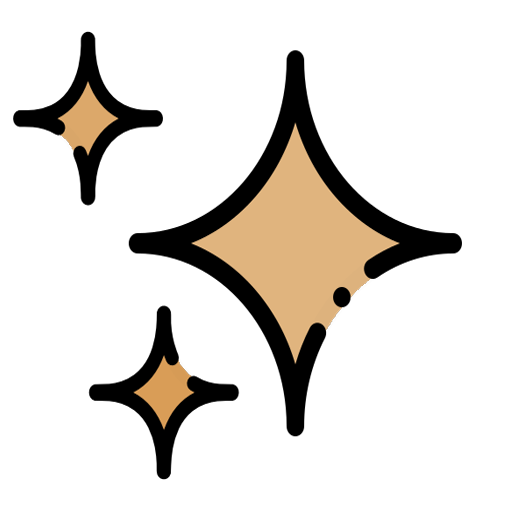


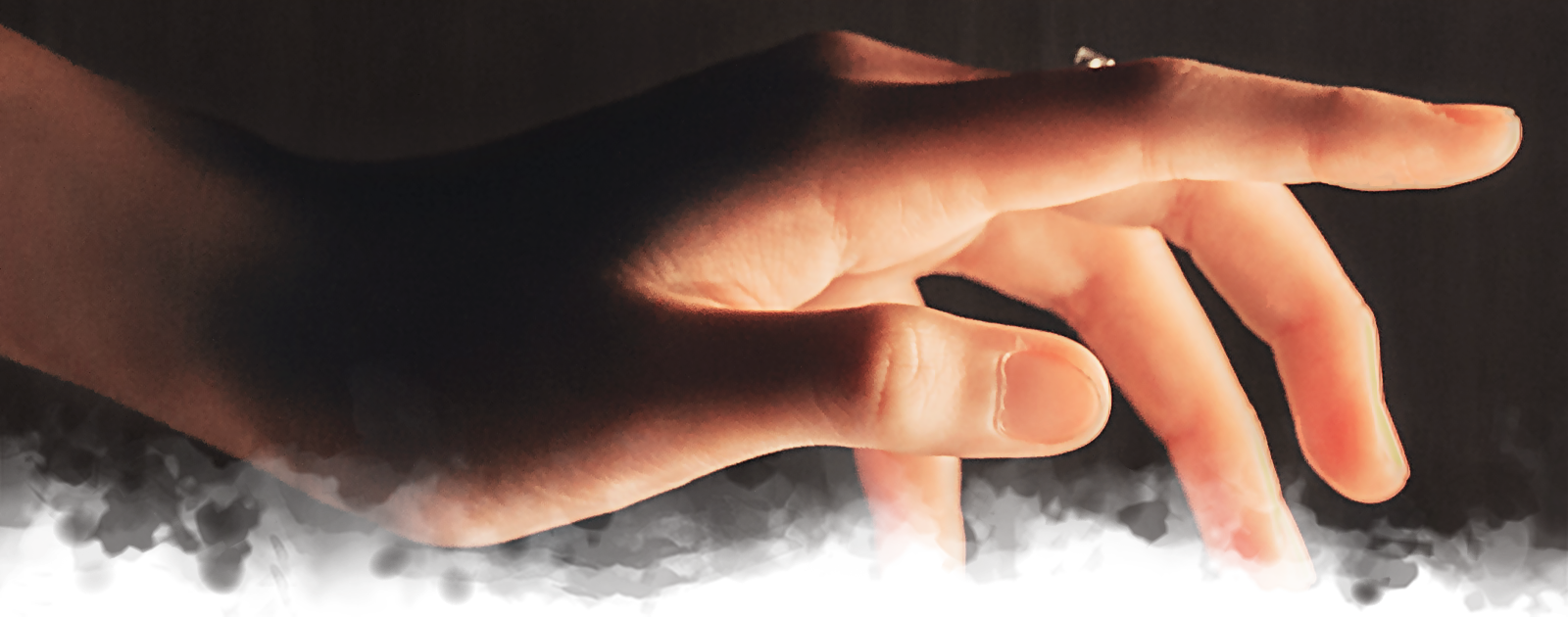

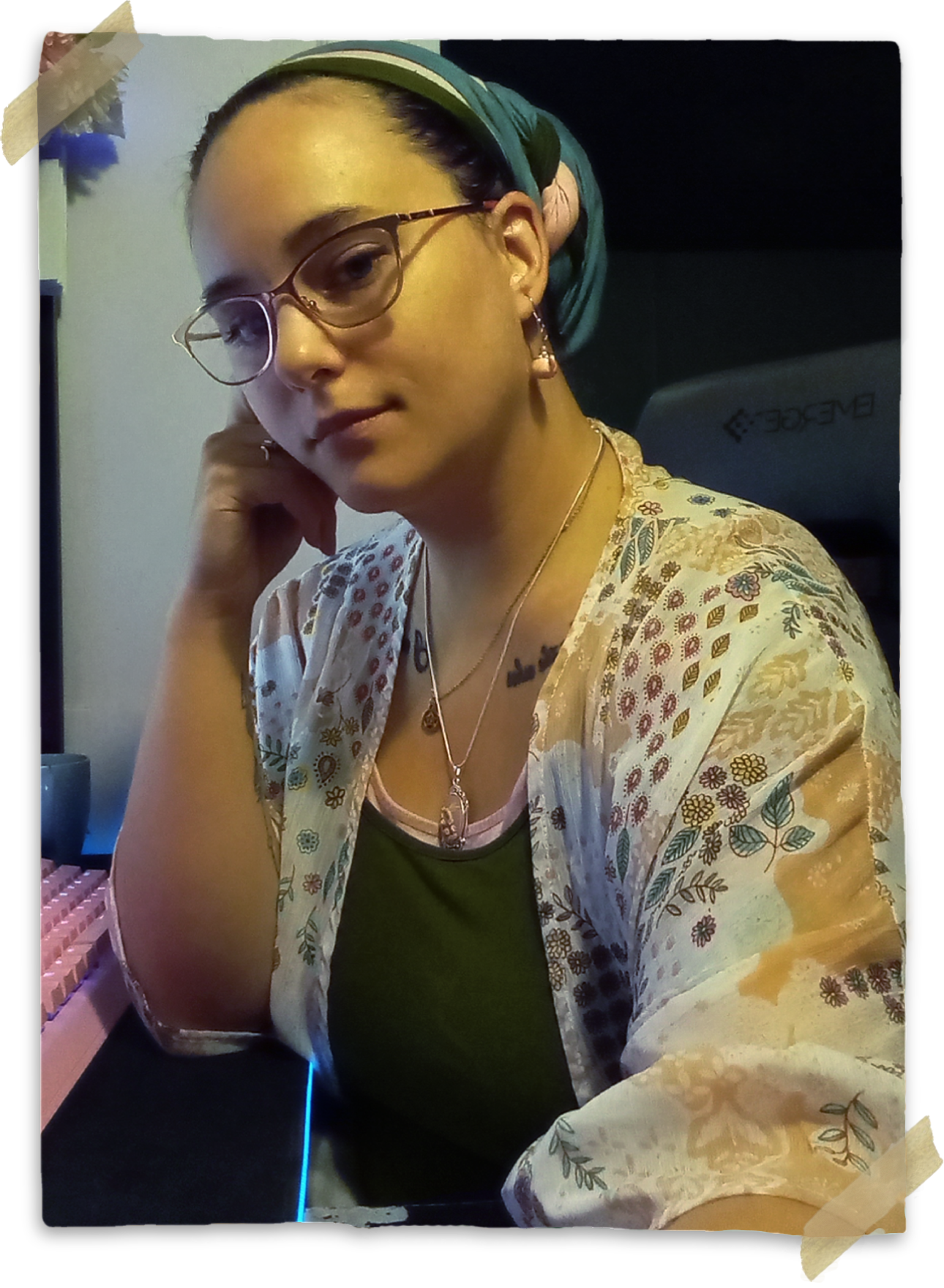
Comments
Author's Notes